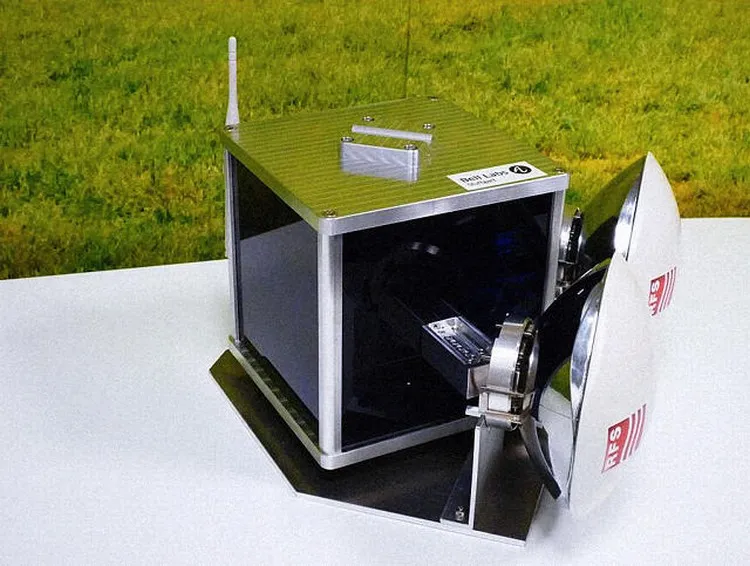Bell Labs working on revolutionary zero-power telecommunication network

At Alcatel-Lucent’s Bell labs researchers are working on a tiny device that could revolutionize the way wireless networks deliver telecommunication services to consumers. Perhaps, your cellphones will never lose signal again.
Researchers are developing a tiny unit or antennae in shape of a small box that will be powered by solar energy. Presently, wireless networking signal are amplified by installation of small cells at some selected points, which are like small nodes that boost single strength.
The system requires connection to a grid for its energy requirement. Mobile dead zones in cities are result of this limitation – connection to grid. The signal strength of any network in crowded cities with high skyscrapers face signal issues, such as obstruction in signal due to buildings. The new device is completely solar-powered, thus, truly wireless. It cuts energy consumption as well as carbon footprints produced by these telecommunication networks.
The device features small cells that are more energy-efficient and can be powered through small solar panels. The panels are so small that it becomes difficult to notice them on the sides of the box shaped device. Through a smart controller, device harnesses solar energy and stores it for later use.
The controller automatically turns of the cell when it isn’t needed. Installation and construction of wireless infrastructure is a major challenge, but with new design the process would become simple and less time consuming. Although in initial stages, the project looks promising for its advantages.
The new device would use 10 times less power than present system without producing carbon-footprints. The key to development of this new design is based on how researchers shrink the power consumption of equipment and make low power networking a reality.
Image Credit: FastCoExist